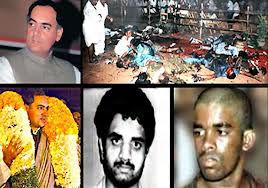New Delhi, Mar 4: The Supreme Court on Wednesday revoked the ban of cryptocurrency imposed by the Reserve Bank of India (RBI) in 2018.
Pronouncing the verdict, the three-judge bench of the apex court said the ban was 'disproportionate'.
The bench included Justice Rohinton Fali Nariman, Justice S Ravindra Bhat and Justice V Ramasubramanian.
The Internet and Mobile Association of India (IAMAI), whose members include cryptocurrency exchanges, and others had approached the top court objecting to a 2018 RBI circular directing regulated entities to not deal with cryptocurrencies.
Advocate Ashim Sood, appearing for IAMI, submitted that Reserve Bank of India lacked jurisdiction to forbid dealings in cryptocurrencies. The blanket ban was based on an erroneous understanding that it was impossible to regulate cryptocurrencies, Sood submitted.
The petitioners had argued that the RBI's circular taking cryptocurrencies out of the banking channels would deplete the ability of law enforcement agencies to regulate illegal activities in the industry.
IAMAI had claimed the move of RBI had effectively banned legitimate business activity via the virtual currencies (VCs).
The RBI on April 6, 2018, had issued the circular that barred RBI-regulated entities from "providing any service in relation to virtual currencies, including those of transfer or receipt of money in accounts relating to the purchase or sale of virtual currencies".







Comments
Add new comment